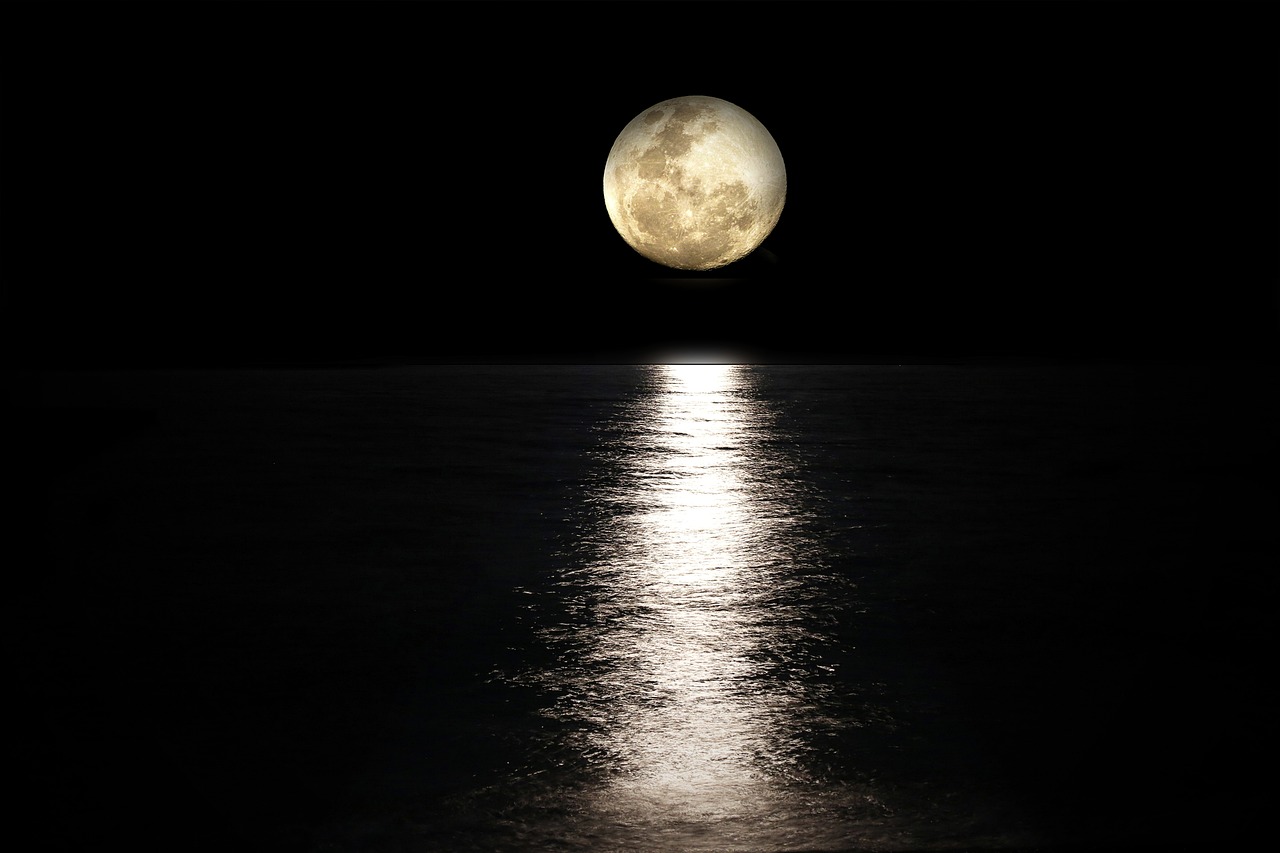The National Sea Rescue Institute (NSRI) has urged coastal communities and visitors to exercise caution during the upcoming new moon spring tide, which will peak on 31 December 2024, as it significantly impacts tidal conditions.
For the latest weather-related news, bookmark The South African website’s dedicated section for free-to-read content
This natural phenomenon occurs when the sun, moon, and Earth align during the new moon phase, amplifying the gravitational pull on Earth’s oceans.
What to expect during a New Moon Spring Tide:
- Higher High Tides: Water levels will rise significantly, reaching further up the shoreline.
- Lower Low Tides: More of the seabed will be exposed as water levels dip below average.
- Increased Tidal Range: The difference between high and low tide levels will be at its maximum.
Impacts and hazards of a New Moon Spring Tide
Spring tides often result in stronger tidal currents, particularly in narrow inlets.
This natural phenomenon can present potential dangers:
- Rip Currents: Stronger tidal flows intensify rip currents, posing a risk to swimmers.
- Coastal Hiking Hazards: Some hiking trails near the coast may become inaccessible or hazardous during high tide.
- Fishing Precautions: Shoreline anglers should exercise extra caution, as higher waves may reach beyond usual safe zones.
Safety measures to follow
To ensure your safety while enjoying coastal activities, the NSRI recommends the following precautions:
Beach and swimming safety
- Swim at lifeguard-protected beaches: To avoid rip currents, swim between lifeguard flags.
- Be aware of rip currents: Rip currents are particularly strong during spring tides, especially during outgoing tides.
- Stay informed: Check daily weather forecasts from the South African Weather Service (SAWS) and consult tide timetables.
Coastal activities
- Hiking: Plan your hikes carefully, avoiding trails that may be cut off during high tide.
- Fishing: Shoreline anglers should maintain a safe distance from the water. When fishing from rocks or cliffs, they should wear a life jacket and carry flotation equipment (for example, a 2L cool-drink container with a rope attached) that can be thrown to someone in the water.
- Boating and paddling: Always wear life jackets, carry essential safety equipment, and keep your cell phone fully charged in a waterproof pouch. The free NSRI SafeTrx smartphone app allows you to log your trip and call the NSRI for help quickly and easily.
General water safety
- Alcohol and water do not mix: Drinking alcohol before doing an activity in or near water may put your life at risk.
- Supervise children: Ensure children have responsible adult supervision in and near the water.
- Inland water caution: Be cautious around rivers, lakes, and dams, especially during heavy rainfall.
- Weather awareness: Monitor adverse weather conditions such as strong winds and fast-flowing rivers.
Additional precautions
- Time your activities: Be cautious during tide changes, especially when high tide recedes to low tide for beach visitors and on the incoming tide for rock anglers.
- Stay informed: Follow local safety alerts and warnings issued by authorities.
- Save the emergency number 112 on your cell phone.
Tidal Information for Cape Town:
January 1, 2025
- High Tide: 04:11 (1.73 metres)
- Low Tide: 10:14 (0.49 metres)
- High Tide: 16:17 (1.71 metres)
- Low Tide: 22:29 (0.36 metres)
Tidal information for Durban:
January 1, 2025:
- High Tide: 04:39 (1.88 metres)
- Low Tide: 10:42 (0.40 metres)
- High Tide: 16:47 (1.90 metres)
- Low Tide: 23:01 (0.26 metres)
Tidal information for Port Nolloth:
January 1, 2025:
- High Tide: 04:07 (1.77 metres)
- Low Tide: 10:07 (0.40 metres)
- High Tide: 16:16 (1.77 metres)
- Low Tide: 22:26 (0.30 metres)
Enjoy coastal activities responsibly
The effects of spring tides can last several days.
By adhering to these safety measures, you can minimise risks and enjoy the natural beauty of the ocean responsibly.
The NSRI remains committed to safeguarding lives and promoting awareness of coastal hazards.
About the NSRI:
The National Sea Rescue Institute (NSRI) is a registered non-profit organisation that is committed to drowning prevention and focused on saving lives, changing lives and creating futures for those threatened by drowning in South Africa.
We are unique in South Africa as the only non-profit organisation focusing exclusively on safeguarding lives and livelihoods in South African waters through education, prevention, and rescue operations. We envision a nation where drowning incidents are minimised, ensuring the safety of all.
The NSRI strives to innovate, constantly evolve, and extend our water safety initiatives through empowerment and visibility. Our volunteers are on call 24/7 and are reliant on donations and sponsorships.
NSRI EMERGENCY: 087 094 9774
